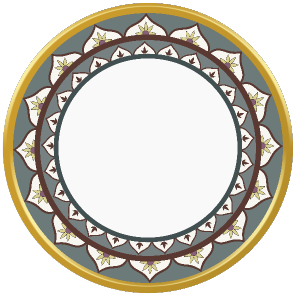
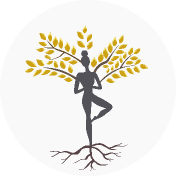
0


0
INTERVIEW
By Geeta Yadav
5 March, 2018
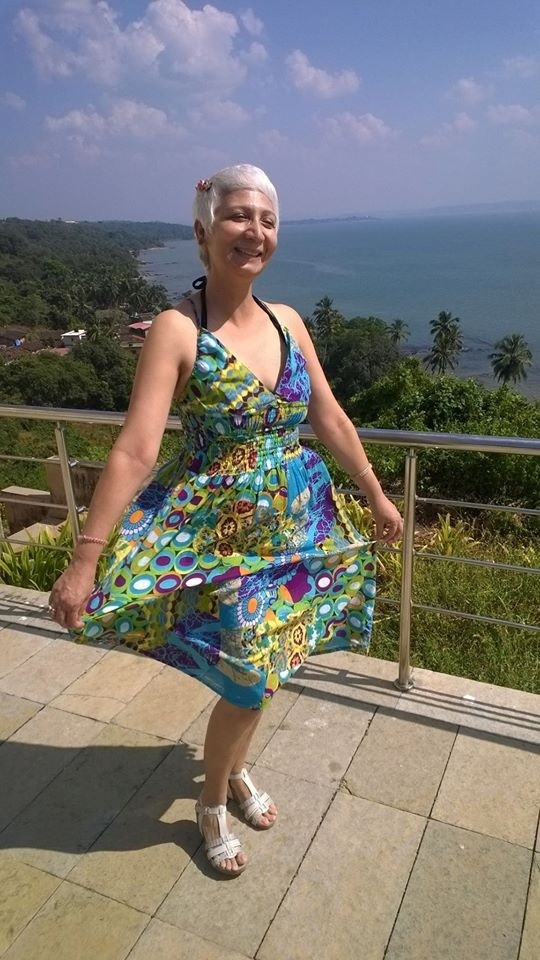
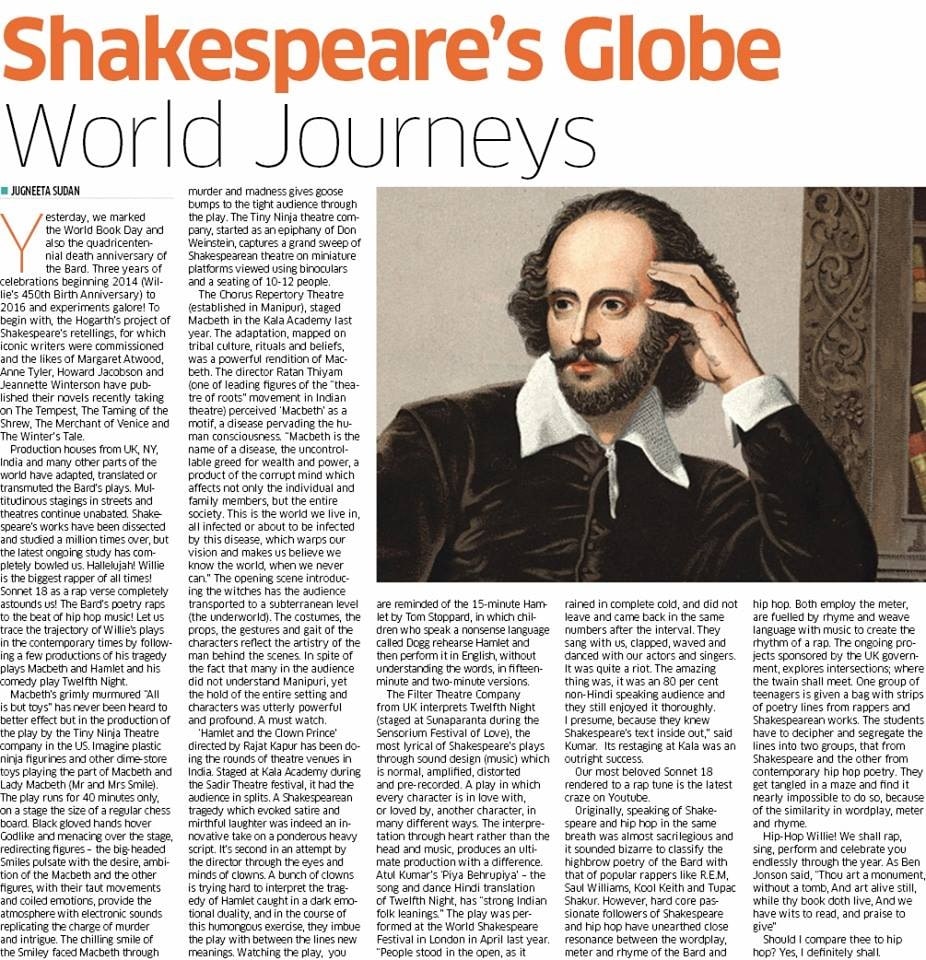 Jugneeta Sudan Writes Literary Articles
BV: Please share the role of Classical English Literature and self-introspection in healing the very dark and traumatic impressions from your mind to attain freedom.
Jugneeta: Catharsis followed the classical literature I read. It changed my life and impacted my thought process. My readings of classical plays, philosophy, psychology and science shook my belief systems and drew me away from the fears of superstition, traumatic losses in life and empowered me to shatter the darkness which had engulfed me for all these years. With time, grieving stops but questions remain and classical literature armed by scriptural readings helped me understand human nature. The end is only the beginning of a journey of unexpected revival and surprising renewal. Light is just the other side of darkness!
Socratic dialogue became my means of grappling with doubt and armed by ‘Socratic Daemon’ – my inner voice, I embarked on a journey of healing by walking through darkness. Divine Comedy by Dante turned me upside down but then I experienced much light in it. The Scarlet Letter by Nathaniel Hawthorne gave me lessons in guilt. Maya Angelou’s I know Why The Caged Bird Sings led me on the journey of other human beings on this planet who go through suppression, loss of dignity, fear and then how they balance their lives. To Kill A Mocking Bird and its message of subversive racism - Ah! the lessons I have learned are endless but I also learnt to come to terms with the fact that human nature doesn’t change. Universal laws of nature remain the same.
Jugneeta Sudan Writes Literary Articles
BV: Please share the role of Classical English Literature and self-introspection in healing the very dark and traumatic impressions from your mind to attain freedom.
Jugneeta: Catharsis followed the classical literature I read. It changed my life and impacted my thought process. My readings of classical plays, philosophy, psychology and science shook my belief systems and drew me away from the fears of superstition, traumatic losses in life and empowered me to shatter the darkness which had engulfed me for all these years. With time, grieving stops but questions remain and classical literature armed by scriptural readings helped me understand human nature. The end is only the beginning of a journey of unexpected revival and surprising renewal. Light is just the other side of darkness!
Socratic dialogue became my means of grappling with doubt and armed by ‘Socratic Daemon’ – my inner voice, I embarked on a journey of healing by walking through darkness. Divine Comedy by Dante turned me upside down but then I experienced much light in it. The Scarlet Letter by Nathaniel Hawthorne gave me lessons in guilt. Maya Angelou’s I know Why The Caged Bird Sings led me on the journey of other human beings on this planet who go through suppression, loss of dignity, fear and then how they balance their lives. To Kill A Mocking Bird and its message of subversive racism - Ah! the lessons I have learned are endless but I also learnt to come to terms with the fact that human nature doesn’t change. Universal laws of nature remain the same.
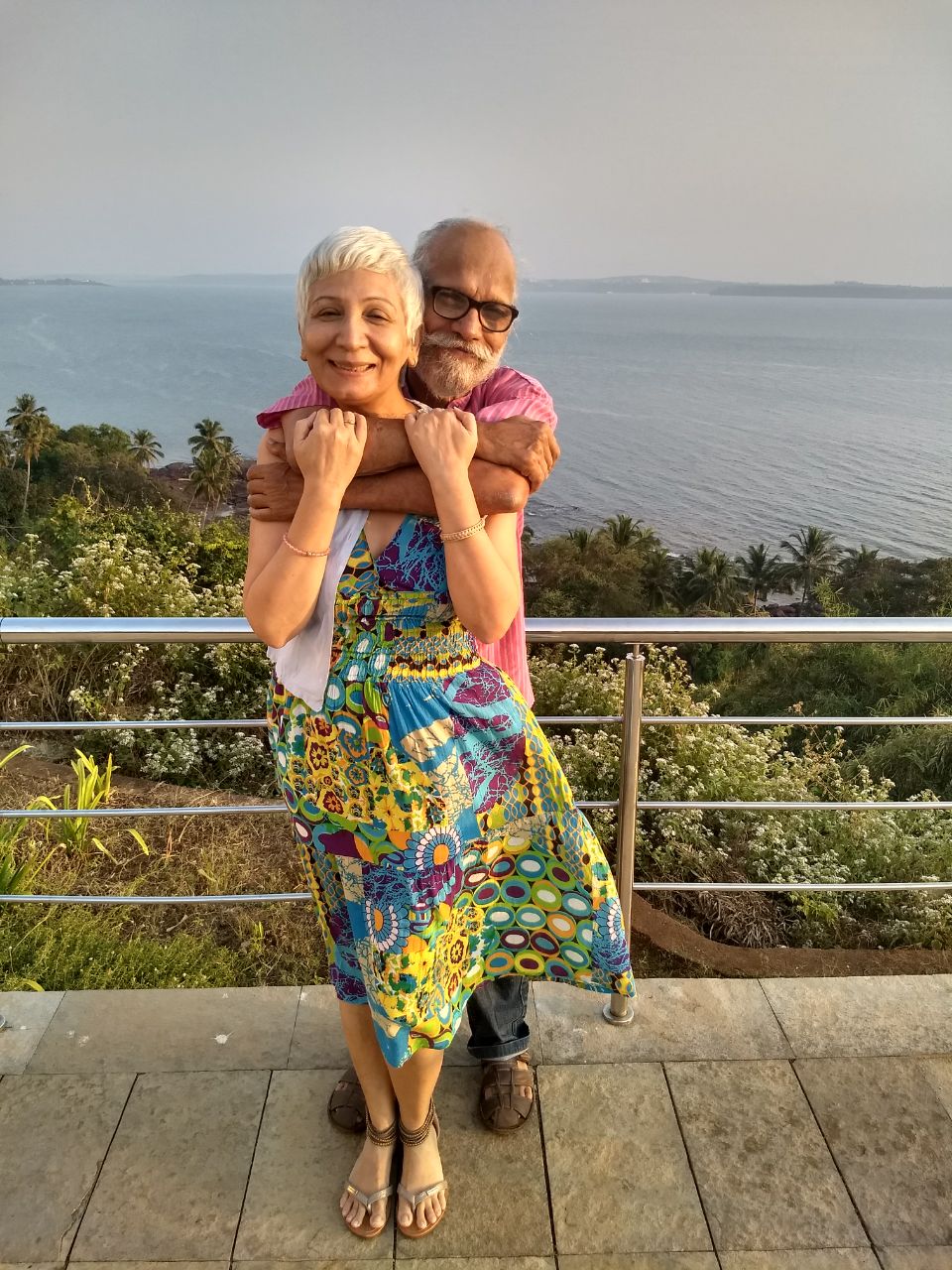 Jugneeta And Baljit-Buddies For Life
BV: What does liberation or freedom mean to you? Is it akin to a sparrow that befriends at will or chooses to fly away, a cuckoo that sings to the world but likes to embrace oblivion or the eagle that flaps the hardest only to soar higher and glide to enjoy the heights?
Jugneeta: I am the eagle (simurgh) that soars up to meet the sky spanning the different hues of beige, mauve, and pink. I have often imagined myself with spangled sunlight playing on my body as I glide along the wind currents and then soar higher and higher. This imagery in my mind gives me a sense of freedom from all that which has held me and compelled me to live in a dark well for so many years. I call myself Saoirse, which means freedom to soar in Irish language.
BV: The woman in you has played myriad roles. Did social norms or gender stereotypes weave a web around you to disconnect you from your being at any point of time?
Jugneeta: As a woman, I have been pretty confident of myself. Always regarded myself as a human being first and all along I have been supported by my partner and so I didn’t have any confrontation or conflicts in this field. Yes, at home I refused to be a full-time homemaker and I was working all along. Also, I did not enjoy cooking and my spouse understood this wasn’t my forte. I have out-sourced cooking and enjoyed baking once in a while. Never hosted meaningless dinner parties to please bosses or relatives. As a mistress of my home and with the support of a progressive husband, I weeded out all worthless customs and rituals prevalent in our society.
On the other hand, being eclectic in my approach, embraced practices that I appreciated in varied cultures in India and abroad. As an outcome of this rebellion, I led a solitary, but enriching life, spending time with nature, reading and connecting with human beings, I really felt close to. I did what I wanted as I had to be the same inside-out. Now I am a strong feminist, working on every patriarchal ethos that we as women have internalized. The embedding is challenging considering the centuries-old patriarchal system. I try and tackle it through my critical writing and curatorial projects in poetry, art, and films.
Jugneeta And Baljit-Buddies For Life
BV: What does liberation or freedom mean to you? Is it akin to a sparrow that befriends at will or chooses to fly away, a cuckoo that sings to the world but likes to embrace oblivion or the eagle that flaps the hardest only to soar higher and glide to enjoy the heights?
Jugneeta: I am the eagle (simurgh) that soars up to meet the sky spanning the different hues of beige, mauve, and pink. I have often imagined myself with spangled sunlight playing on my body as I glide along the wind currents and then soar higher and higher. This imagery in my mind gives me a sense of freedom from all that which has held me and compelled me to live in a dark well for so many years. I call myself Saoirse, which means freedom to soar in Irish language.
BV: The woman in you has played myriad roles. Did social norms or gender stereotypes weave a web around you to disconnect you from your being at any point of time?
Jugneeta: As a woman, I have been pretty confident of myself. Always regarded myself as a human being first and all along I have been supported by my partner and so I didn’t have any confrontation or conflicts in this field. Yes, at home I refused to be a full-time homemaker and I was working all along. Also, I did not enjoy cooking and my spouse understood this wasn’t my forte. I have out-sourced cooking and enjoyed baking once in a while. Never hosted meaningless dinner parties to please bosses or relatives. As a mistress of my home and with the support of a progressive husband, I weeded out all worthless customs and rituals prevalent in our society.
On the other hand, being eclectic in my approach, embraced practices that I appreciated in varied cultures in India and abroad. As an outcome of this rebellion, I led a solitary, but enriching life, spending time with nature, reading and connecting with human beings, I really felt close to. I did what I wanted as I had to be the same inside-out. Now I am a strong feminist, working on every patriarchal ethos that we as women have internalized. The embedding is challenging considering the centuries-old patriarchal system. I try and tackle it through my critical writing and curatorial projects in poetry, art, and films.
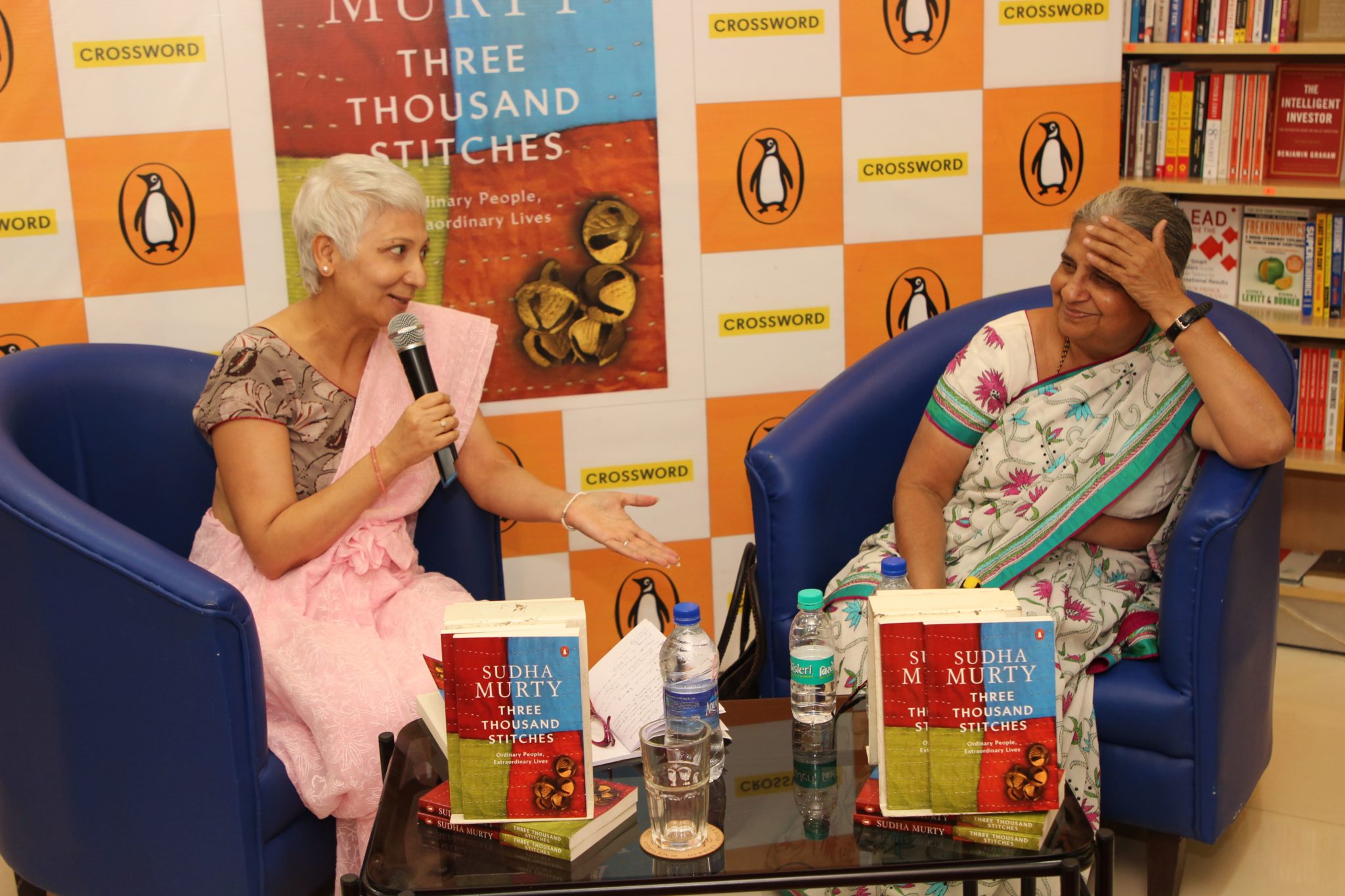 Rendezvous With Sudha Murthy
BV: How did you expand yourself on the stage of life to emerge as one in body, mind and soul?
Jugneeta: In order to expand, one has to introspect and question beliefs that restrict our lives.We have to unpack the cultural conditioning that has happened along years of growing-up in a society and take responsibility for it.
I now relate to people irrespective of class, caste, religion or geographical boundaries. The idea of home is wherever I am comfortable and never invested in any property. I am always critically thinking and questioning words like home and migrants,notions like abled and disabled, definition of normal and abnormal, fortunate and unfortunate whether that’s a person or event. I cannot decide another human’s decision but I can work on myself. If I am restless or perturbed I know that something is not in place, something I am not doing right, and something that doesn’t match universal core values and then there is a push, a thought and an endeavor to find a balance in my own space.
BV:You have written about, ‘Psychological androgyny.’How should boys and girls be groomed to create a better world that sees ‘psychological androgyny’ as the basic ingredient of growth and happiness in our society?
Jugneeta: Psychological androgyny means recognizing the masculine and feminine energy inside each human being. The ratio of the masculine and feminine varies from person to person, irrespective of the outward sexual determination and it is in the balancing of the yin and yang – the male and female characteristics in us which will lead to liberation and happiness.
We come across male and female stereotypes. Men who do not make a mark or are empathetic, sensitive and therefore not rough have a hard time. Similarly, women who have masculine traits and are ambitious and assertive are put down. We need to find a balance and raise empathetic, sensitive children and not assign specific traits keeping in mind their gender. It is fine if a boy cries and a girl is not sober or shy.
Rendezvous With Sudha Murthy
BV: How did you expand yourself on the stage of life to emerge as one in body, mind and soul?
Jugneeta: In order to expand, one has to introspect and question beliefs that restrict our lives.We have to unpack the cultural conditioning that has happened along years of growing-up in a society and take responsibility for it.
I now relate to people irrespective of class, caste, religion or geographical boundaries. The idea of home is wherever I am comfortable and never invested in any property. I am always critically thinking and questioning words like home and migrants,notions like abled and disabled, definition of normal and abnormal, fortunate and unfortunate whether that’s a person or event. I cannot decide another human’s decision but I can work on myself. If I am restless or perturbed I know that something is not in place, something I am not doing right, and something that doesn’t match universal core values and then there is a push, a thought and an endeavor to find a balance in my own space.
BV:You have written about, ‘Psychological androgyny.’How should boys and girls be groomed to create a better world that sees ‘psychological androgyny’ as the basic ingredient of growth and happiness in our society?
Jugneeta: Psychological androgyny means recognizing the masculine and feminine energy inside each human being. The ratio of the masculine and feminine varies from person to person, irrespective of the outward sexual determination and it is in the balancing of the yin and yang – the male and female characteristics in us which will lead to liberation and happiness.
We come across male and female stereotypes. Men who do not make a mark or are empathetic, sensitive and therefore not rough have a hard time. Similarly, women who have masculine traits and are ambitious and assertive are put down. We need to find a balance and raise empathetic, sensitive children and not assign specific traits keeping in mind their gender. It is fine if a boy cries and a girl is not sober or shy.
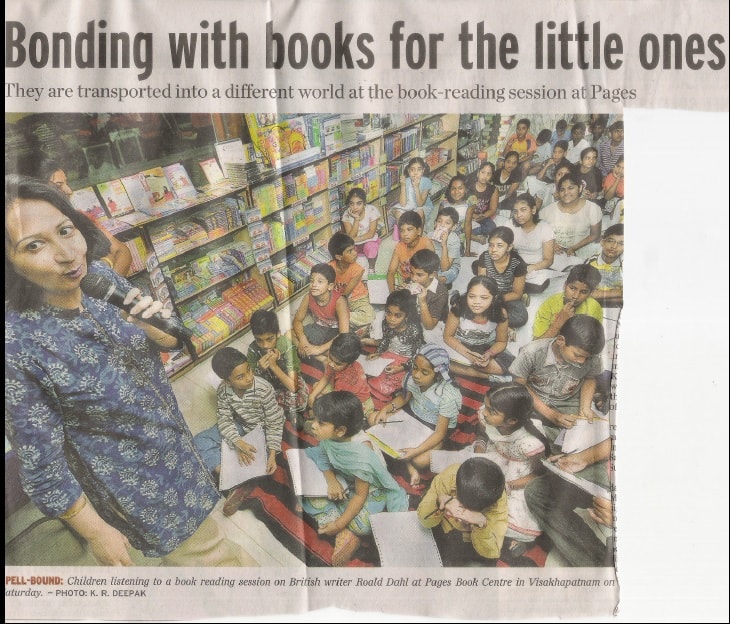 Reading Session With Children
BV: Do you see women empowerment as intrinsic to growth and development of humanity?
Jugneeta: Women empowerment is a very important contemporary issue. Right now, there is a lot of confusion but this chaos is going to lead to a better world. For all this time, half the population of this world was not heard, they were conditioned to pursue certain professions and were bound by their bodies and biological processes and made care-givers. They just couldn’t be themselves but with women empowerment, women are asking for their rights as human beings. This will lead to equality and a better world where men and women will hold hands mapping a beautiful life. Literature readings like, Mad Women in the Attic, A Room of One’s Own, The Second Sex open our eyes to subtle, underhand maneuverings of patriarchy.
BV:Your writings are impregnated with answers to issues like feminism or male chauvinism. I quote, ‘It is not surprising that creative individuals are more likely to have not only the strengths of their gender but those of the other one, too." How can we cultivate this thought or ideology to shape a better world?
Jugneeta: Creative individuals are those who recognize the strengths inside them, have balanced out their energies and henceforth are able to draw upon their talent and skills through equanimity. Others tread the uneven path drawing on their creative process to hold on to dear life. An artist or creative person is often likened to God.
Allow the freedom of expression to your child. Remember your child is life entrusted in your care. Khalil Gibran’s take on ‘Children’ is a mantra that liberates you from toxic relationship with your children. Listen to what is that life is saying to you? What that life wants, what are the strengths and weaknesses that the life has come with and what their spirit craves for?
Reading Session With Children
BV: Do you see women empowerment as intrinsic to growth and development of humanity?
Jugneeta: Women empowerment is a very important contemporary issue. Right now, there is a lot of confusion but this chaos is going to lead to a better world. For all this time, half the population of this world was not heard, they were conditioned to pursue certain professions and were bound by their bodies and biological processes and made care-givers. They just couldn’t be themselves but with women empowerment, women are asking for their rights as human beings. This will lead to equality and a better world where men and women will hold hands mapping a beautiful life. Literature readings like, Mad Women in the Attic, A Room of One’s Own, The Second Sex open our eyes to subtle, underhand maneuverings of patriarchy.
BV:Your writings are impregnated with answers to issues like feminism or male chauvinism. I quote, ‘It is not surprising that creative individuals are more likely to have not only the strengths of their gender but those of the other one, too." How can we cultivate this thought or ideology to shape a better world?
Jugneeta: Creative individuals are those who recognize the strengths inside them, have balanced out their energies and henceforth are able to draw upon their talent and skills through equanimity. Others tread the uneven path drawing on their creative process to hold on to dear life. An artist or creative person is often likened to God.
Allow the freedom of expression to your child. Remember your child is life entrusted in your care. Khalil Gibran’s take on ‘Children’ is a mantra that liberates you from toxic relationship with your children. Listen to what is that life is saying to you? What that life wants, what are the strengths and weaknesses that the life has come with and what their spirit craves for?
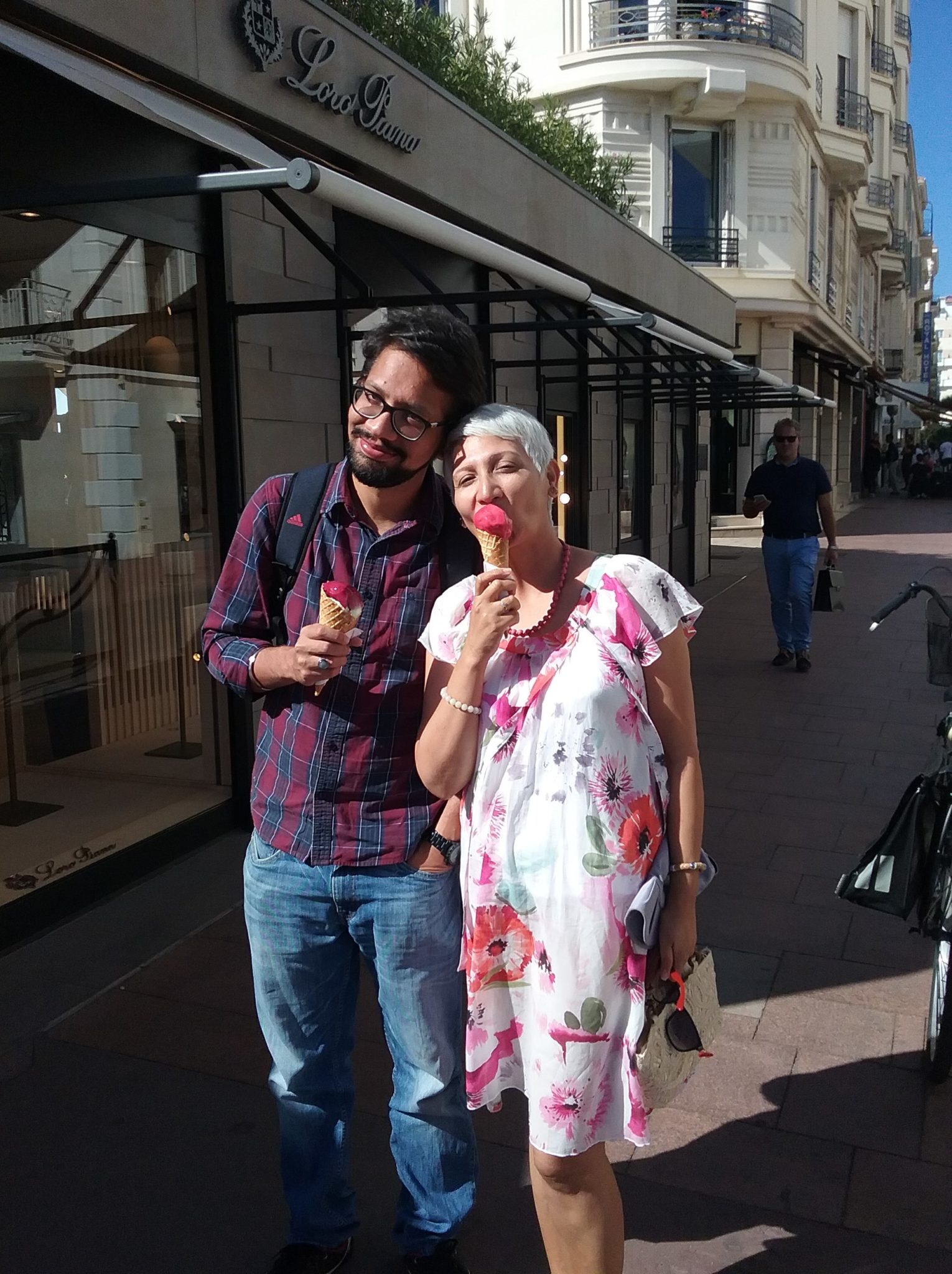 Creating Memories With Her Son In Cannes
BV:Do you see an all-pervasive need to bring ‘inclusion’ and ‘empathy’ as the basic values in family circles?
Jugneeta: Yes, we need better human beings – men as well as women--for inclusiveness and empathy to follow. In this world, besides what comes to us by cosmic laws of creation, I would say that more than 90% of our misery is heaped upon our life through our system and our culture. Sartre said, ‘Hell is other people’ – we create hells for ourselves and others around us. I think we need better laws and better politics.
When I started travelling abroad, I looked around to find many disabled people in shopping malls, on roads and in restaurants. My first reactions was, ‘Oh God! So many disabled people here’. But then I realized that in my home country, the disabled people are shut in the four walls of the house because the public system doesn’t support them. It is not that those countries have better human values than India but the reason is that those are democracies that are 300 years old, so over a period of time, their laws and policies have come into place.The question then arises - with a philosophy of spirituality and dharma in India and other Eastern countries, why do the old and disabled lead such miserable undignified lives?
After a long meditation, which includes my own crimes and folly, yours truly has arrived at a hypothesis. It’s the misinterpretation of the karma philosophy - the bedrock of the collective Indian consciousness that makes people treat the widows, the disabled and the diseased in the most abhorrent manner. The fact that these so-called unfortunate people have got what they deserved, a divine nemesis, makes others around them shameful and belittled to own them. “These people are cursed and suffering is their destiny”- is the most pernicious paradigm that people in the third world live with. Every deplorable condition and facility (or lack of it) then originates from this mentality. People shrug their shoulders and wash themselves of every guilt and shame in the book of mankind with the quality of ‘PITY’. The follow-up action then can only be charity, not a human right!
Creating Memories With Her Son In Cannes
BV:Do you see an all-pervasive need to bring ‘inclusion’ and ‘empathy’ as the basic values in family circles?
Jugneeta: Yes, we need better human beings – men as well as women--for inclusiveness and empathy to follow. In this world, besides what comes to us by cosmic laws of creation, I would say that more than 90% of our misery is heaped upon our life through our system and our culture. Sartre said, ‘Hell is other people’ – we create hells for ourselves and others around us. I think we need better laws and better politics.
When I started travelling abroad, I looked around to find many disabled people in shopping malls, on roads and in restaurants. My first reactions was, ‘Oh God! So many disabled people here’. But then I realized that in my home country, the disabled people are shut in the four walls of the house because the public system doesn’t support them. It is not that those countries have better human values than India but the reason is that those are democracies that are 300 years old, so over a period of time, their laws and policies have come into place.The question then arises - with a philosophy of spirituality and dharma in India and other Eastern countries, why do the old and disabled lead such miserable undignified lives?
After a long meditation, which includes my own crimes and folly, yours truly has arrived at a hypothesis. It’s the misinterpretation of the karma philosophy - the bedrock of the collective Indian consciousness that makes people treat the widows, the disabled and the diseased in the most abhorrent manner. The fact that these so-called unfortunate people have got what they deserved, a divine nemesis, makes others around them shameful and belittled to own them. “These people are cursed and suffering is their destiny”- is the most pernicious paradigm that people in the third world live with. Every deplorable condition and facility (or lack of it) then originates from this mentality. People shrug their shoulders and wash themselves of every guilt and shame in the book of mankind with the quality of ‘PITY’. The follow-up action then can only be charity, not a human right!
 Mother Nature Dotes On Mom And Daughter
Tribe of homosapiens is unique on this planet, marked by intellect, reason and rationality. I too am only beginning to understand that our evolvement lies in qualities of inclusiveness, empathy, and compassion, or we will be reduced to our animal urges only. Lately, the context of animal instinct versus human intellect intrigues me no end.
As we celebrate International Women’s Day, Team BananiVista would like to thank Jugneeta Sudan for inspiring each one of us to make a critical reading of literature our lifeline. Literature imitates life, where truth resides!
Jugneeta Sudan blogs at http://bookedandhow.blogspot.in/
To know about more such personalities, follow our online digital magazine, BananiVista. Do "Like" and "Follow" us on Facebook.
Mother Nature Dotes On Mom And Daughter
Tribe of homosapiens is unique on this planet, marked by intellect, reason and rationality. I too am only beginning to understand that our evolvement lies in qualities of inclusiveness, empathy, and compassion, or we will be reduced to our animal urges only. Lately, the context of animal instinct versus human intellect intrigues me no end.
As we celebrate International Women’s Day, Team BananiVista would like to thank Jugneeta Sudan for inspiring each one of us to make a critical reading of literature our lifeline. Literature imitates life, where truth resides!
Jugneeta Sudan blogs at http://bookedandhow.blogspot.in/
To know about more such personalities, follow our online digital magazine, BananiVista. Do "Like" and "Follow" us on Facebook.